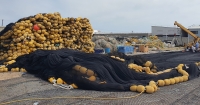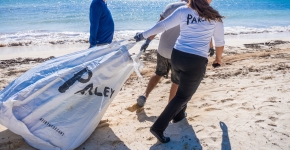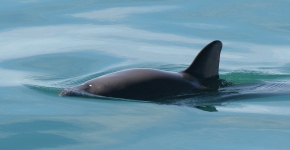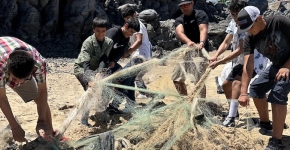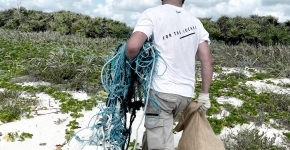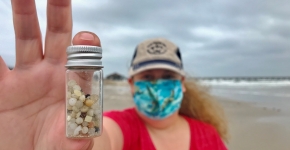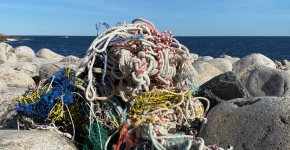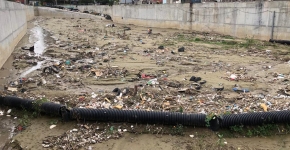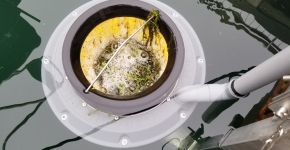The projects on this page were funded through the 2020 United States Mexico Canada Agreement (USMCA) Implementation Act (P.L. 116-113), which provided the NOAA Marine Debris Program funding to prevent and reduce marine debris in the North American region. Chapter 24 of the USMCA includes specific environmental goals that highlight the need to take action to prevent and reduce marine debris, including plastic litter and microplastics, in order to preserve human health and marine and coastal ecosystems, prevent the loss of biodiversity, and mitigate the costs and impacts of marine debris. These projects were awarded competitively and represent the NOAA Marine Debris Program’s commitment to supporting the USMCA environment goals.
These projects are now closed. View the pages below to learn about the project results:
 An official website of the United States government.
An official website of the United States government. 

